How to get ready for a trackday | Part 1 – bike prep
Taking the plunge and riding at a trackday can be a daunting experience. Here’s how you can make the whole event much more enjoyable.
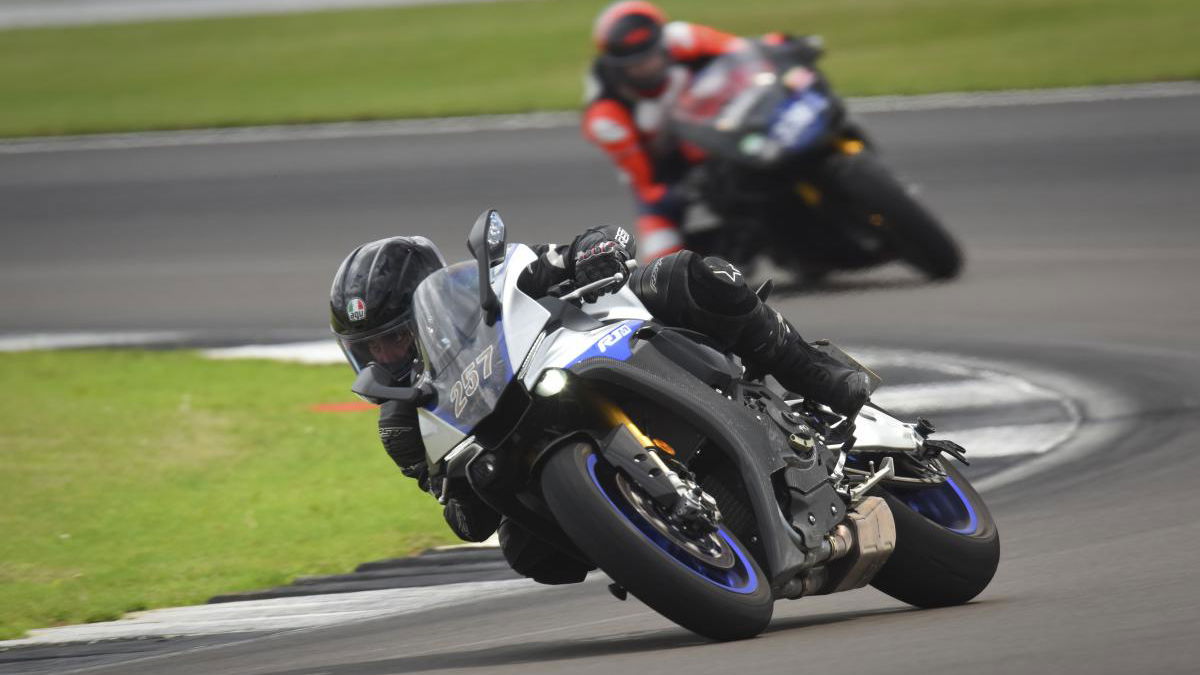
A motorcycle trackday is a rite of passage for most motorcyclists. Regardless of what you ride, taking a motorcycle to a circuit and spinning some laps brings a level of joy to the act of riding that is impossible to create on the road.
Another great thing about trackdays and trackday riding schools is that they cater to all riders, regardless of skill level, bravery or experience. If there is one thing that gets in the way of enjoying your first trackday, it’s not being properly prepared for what you are getting into.
If you’re new to the world of riding in motorcycle trackdays, following a few pointers could greatly improve your experience of the whole event.
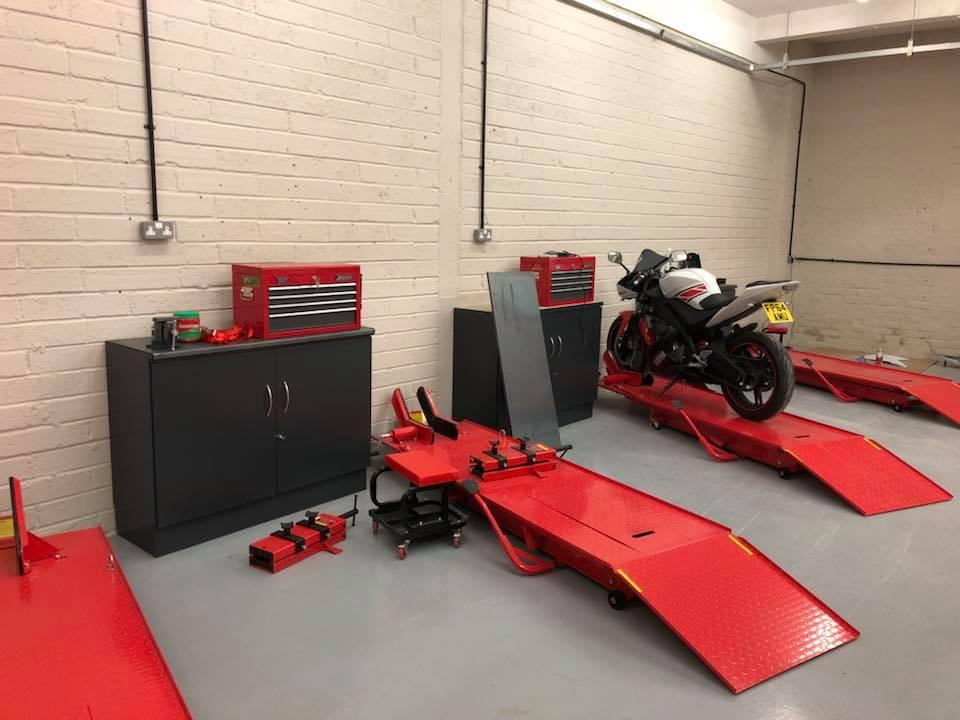
Pre-trackday prep
Before the event, you're going to want to start getting things in order, and we aren’t talking about the night before. Set aside a weekend before the big day and work your way through this simple list.
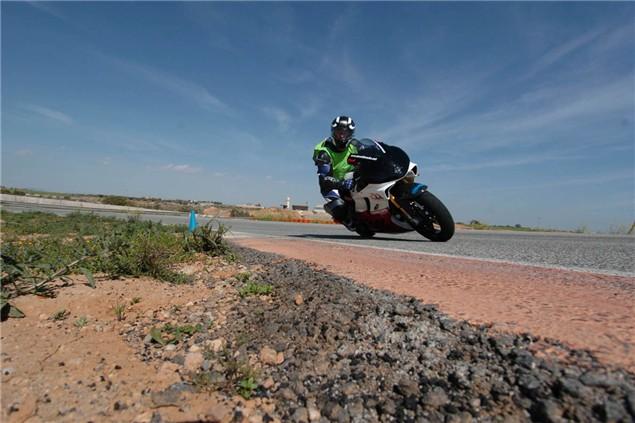
Trackday bike prep
If you’re using your own daily bike as your trackday steed, you’re going to want to spend some time making sure it’s all running correctly. Riding on track puts much more stress on your bike’s suspension, brakes and engine than any road ride ever will.
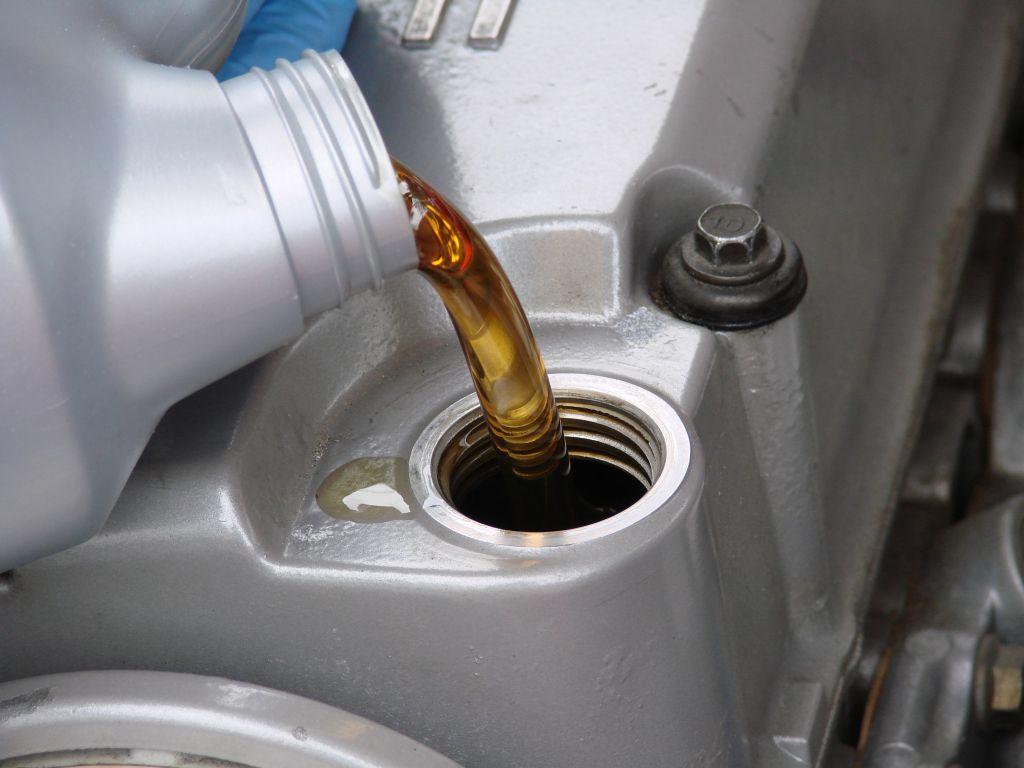
Cover the essentials first like oil. While checking the level and topping up is better than nothing, dropping the old oil and treating the machine to a new bottle and a new filter will be a much better idea. Likewise with coolant, don’t just top it up with water, get a mixture tester and make sure it’s right. The last thing you need is an overheating engine spoiling your fun.
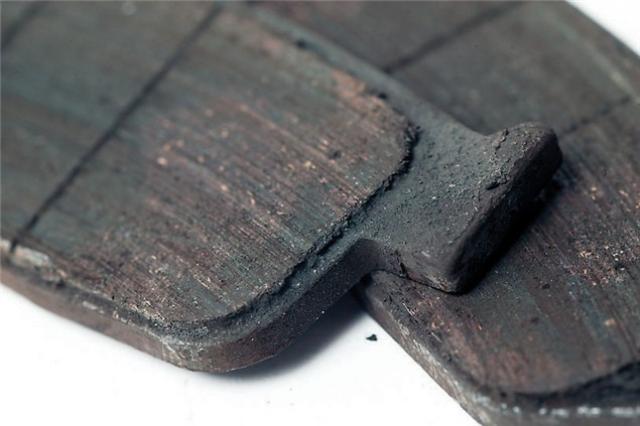
Next up give the brakes a very thorough going over. If you can slip in a new set of pads, do it. While the calipers are off, strip them down and give them a good and thorough cleaning, replacing the dust-seals as you go.
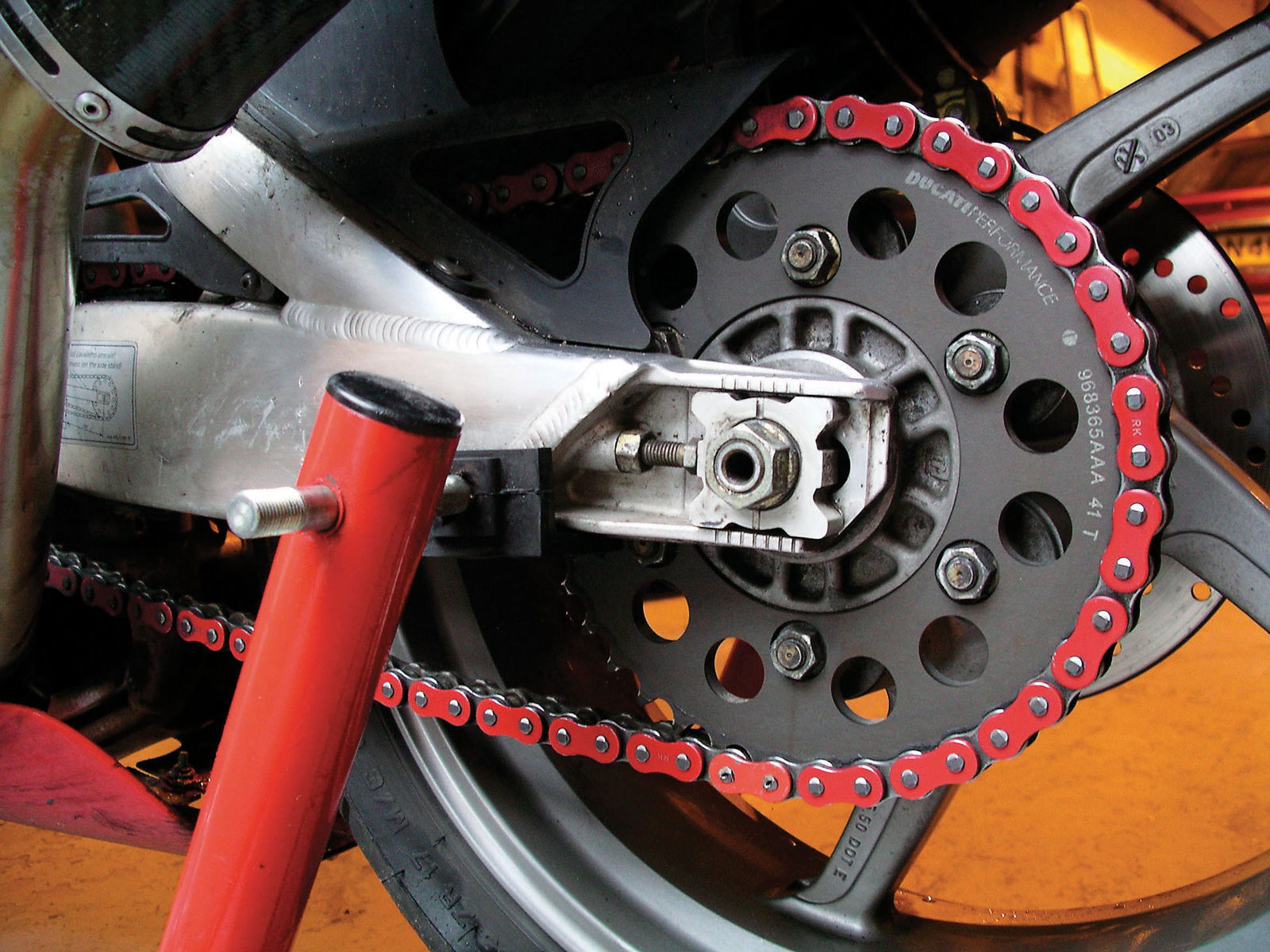
While you have the bike on the paddock stands, give the chain a decent clean and lube. Get a chain cleaning brush and spin the back wheel by hand to get any grit and muck out. Re-lube it with the best quality chain lube you can find and then adjust it back to the manufacturer's recommended tension.
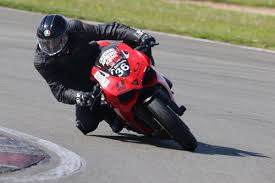
Go around all the external fittings of the bike, pegs, fairings, seat unit, subframe. Make sure everything is tight and torqued up to the correct number. While you’re there, whip off your mirrors – as long as you aren’t riding to the trackday – we’ll come on to why later.
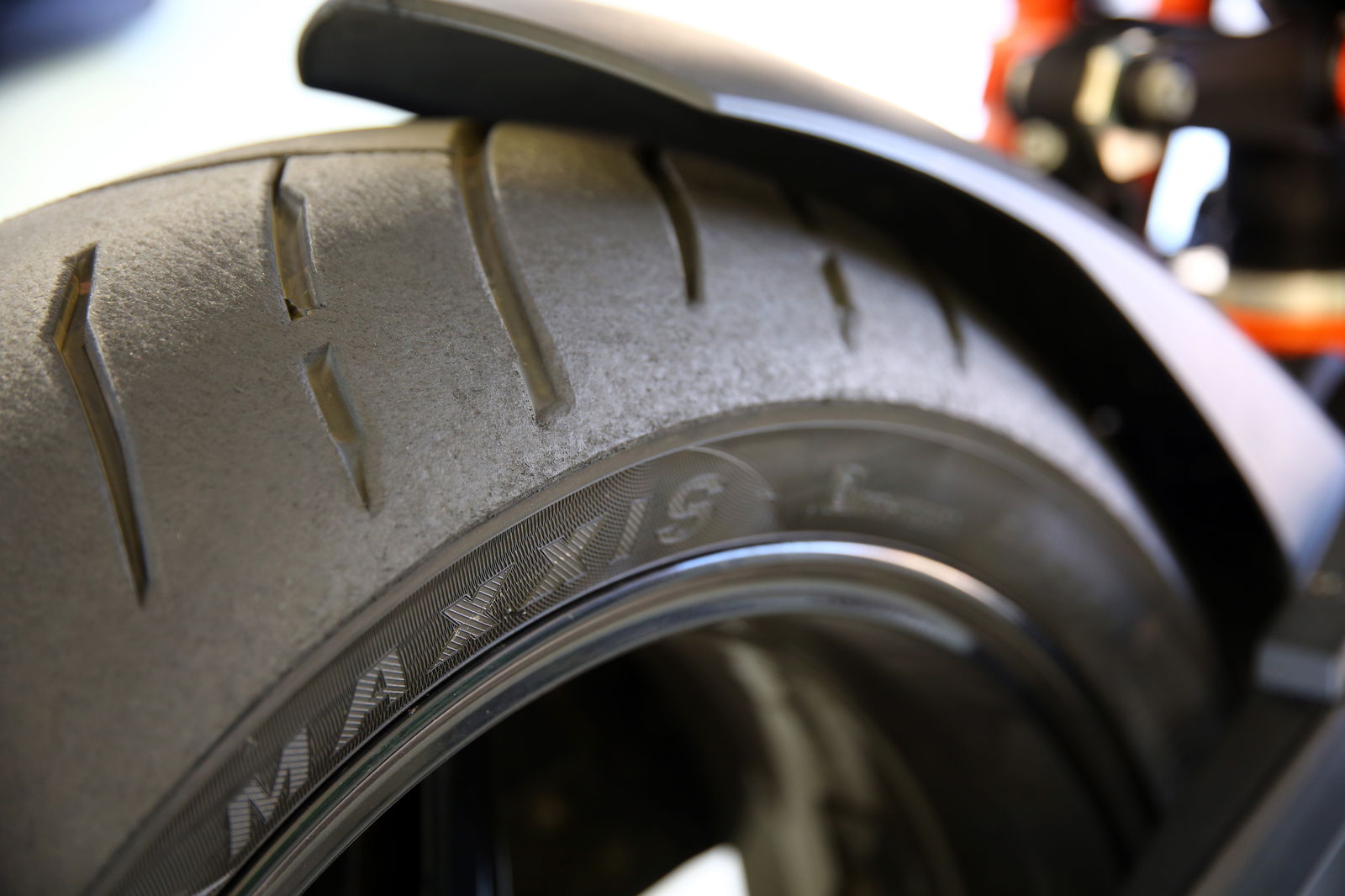
Give your tyres a good check, not just a kick either. Get a gauge and check the pressure. While the bike is in the air still, turn the tyres and look closely for any nicks, cracks or items stuck in the tyre. If you find something that might be an issue, it might be best to opt for some new hoops. Riding on track will put a lot of heat and load through the tyres, the last thing you want is a failure.
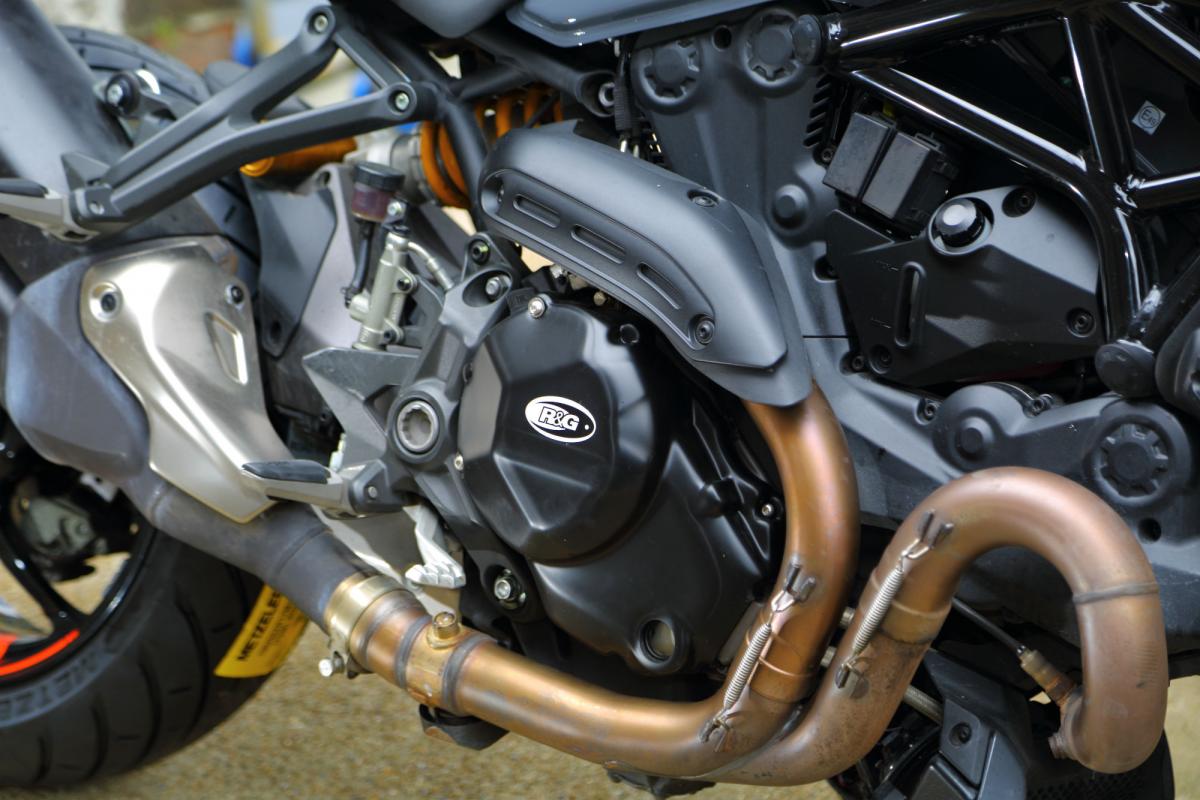
Finally, it might be worth opting to include some aftermarket crash protection to the bike. A set of crash bungs and some engine casing guards are inexpensive and easy to fit. They could also be the difference between taking your bike home with some minor scrapes and gravel rash, to needing a new engine and fairing.
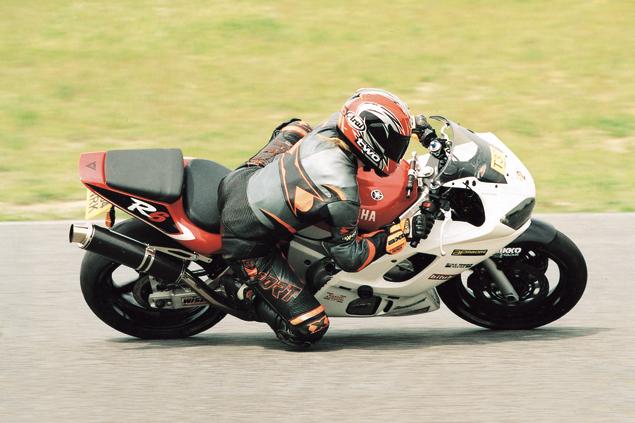
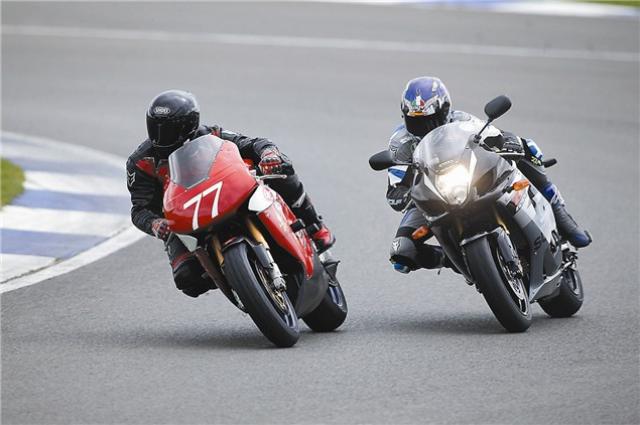
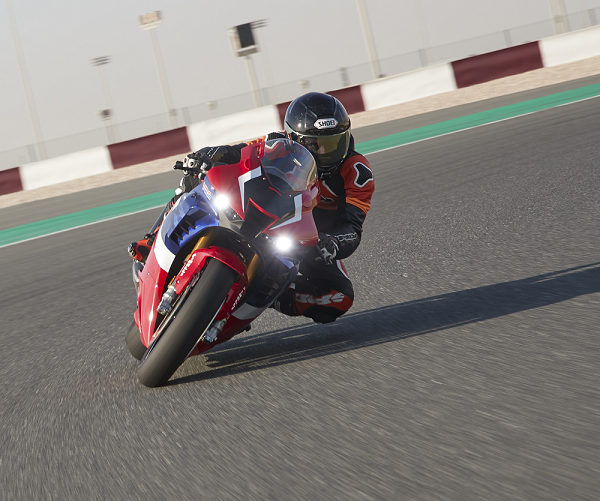





![Scott Redding - Be Wiser Ducati, 2019 BSB [credit: Ian Hopgood]](https://cdn.visordown.com/field/image/IMG_6912.JPG?aspect_ratio=1:1)